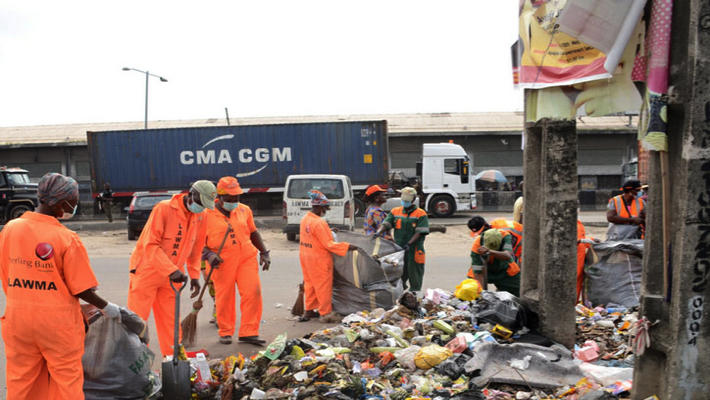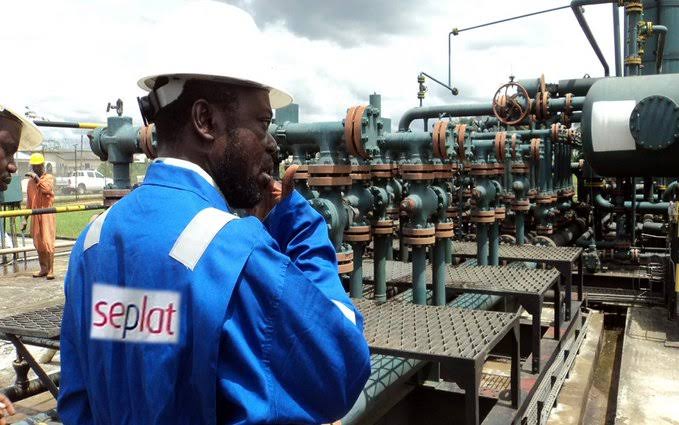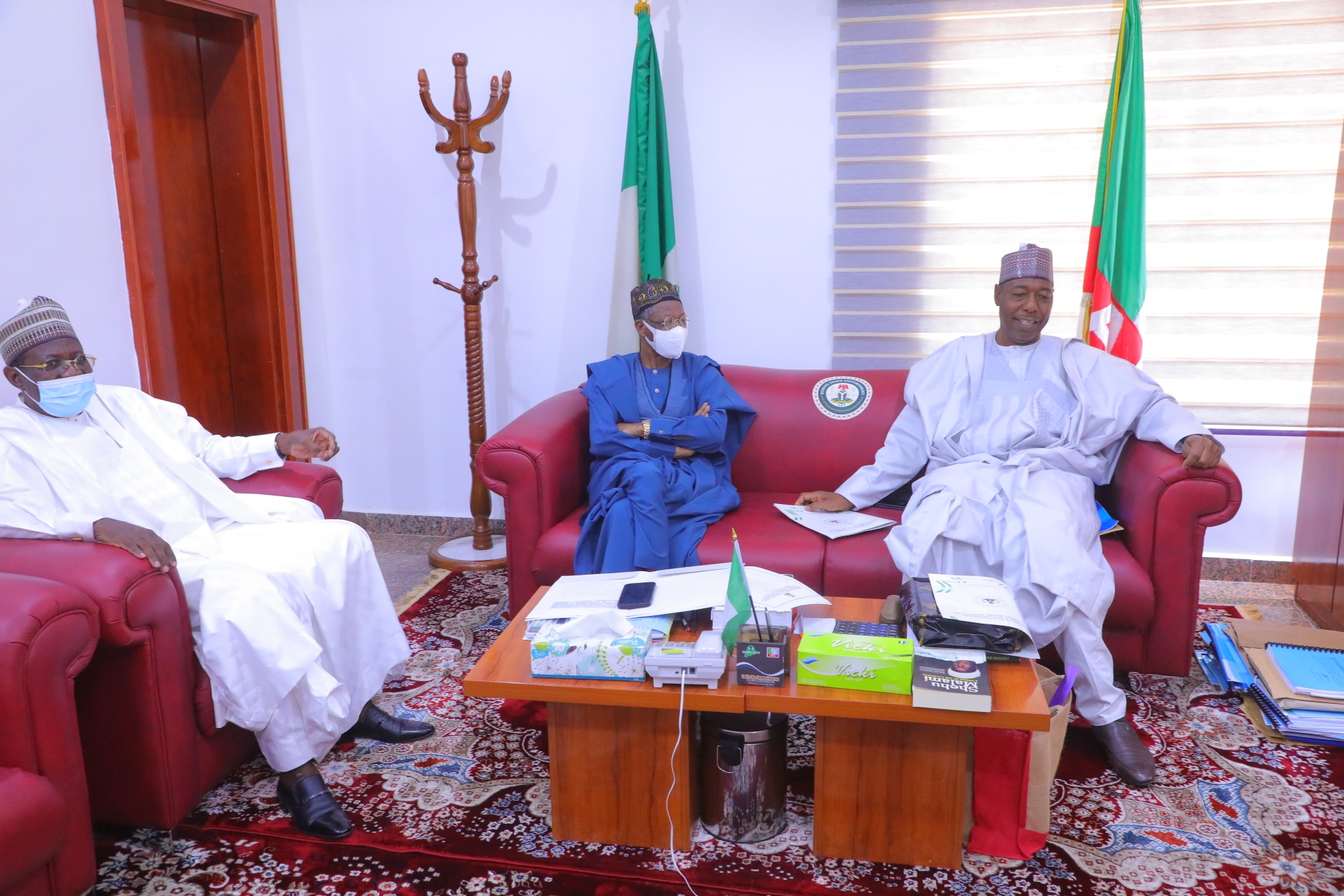By: Theresa Donatus, Uyo.
In what has been described as a betrayal of Nigeria’s oil industry laws and a slap in the face of local talent, the Incorporated Trustees of Host Communities in Akwa Ibom State have alleged that Seplat Energy and its foreign contractors employed foreigners for jobs meant for Nigerians, including kitchen duties and cleaning, while paying them \$950 per day.
The controversy centers around Boskalis, a Dutch firm contracted by Seplat Energy, and its vessel Boka Atlantis, which is currently operating in Nigerian waters under Seplat’s supervision.
Divers and ROV pilots allege the company has shipped in foreign divers, ROV pilots, and technical staff, bypassing qualified Nigerians, in what appears to be a brazen violation of the Nigerian Oil and Gas Industry Content Development Act, 2010.
The Incorporated Trustees of Host Communities in Akwa Ibom State have blown the whistle, accusing both Seplat and Boskalis of systematically denying jobs to locals in oil-rich Akwa Ibom and surrounding areas.
“They bring in foreign ROV pilots, divers, marine crew, kitchen staff, and cleaners—positions that Nigerians can fill with equal or superior qualifications—and these foreigners are paid while Nigerians are left to starve,” said the Chairman of the Incorporated Trustees of Host Communities in Akwa Ibom State.
A formal petition sent to Seplat’s Managing Director, Mr. Oladutun Isiaka, and made available to The Daily Times on Tuesday, details the alleged violations.
The violation, dated May 1, 2025, and authored by legal counsel to NAPROD, accuses the company of complicity by failing to enforce Nigerian content laws on its vendors.
In its response dated June 16, 2025, Seplat Energy tried to wash its hands of the scandal, claiming that Boskalis and other contractors are “independent entities” and that Seplat “does not have control over their hiring decisions.”
However, legal experts have disputed this claim. Barrister Nwabueze Onukogu, counsel to the Association of Skilled Professionals, reminded Seplat of its statutory obligation under Section 66 of the Local Content Act.
“As a Nigerian operator, Seplat is legally bound to orient and supervise its contractors on compliance with Nigerian laws. Claiming ignorance or distance is not only irresponsible—it is unlawful.”
The divers and ROV pilots are now demanding urgent reforms as follows: immediate employment of at least 12 Nigerian divers and 6 ROV pilots on Boka Atlantis; hiring of 6 Nigerian ROV pilots out of the 10 currently at Intel Camp in Port Harcourt; deployment of 16 Nigerian marine crew members; total replacement of foreign kitchen and cleaning staff; equal pay and accommodation for Nigerian personnel at the Intel Camp in Port Harcourt; public apology and a written commitment to uphold Nigerian labor and content laws.
Community leaders warn that continued neglect of local workers could lead to unrest in oil-producing areas, which are already on edge over unfulfilled promises and environmental degradation.
“We’ve kept peace because of the Host Community Trust Fund under the PIA,” said one elder from Ibeno. “But this is pushing the people to the brink. If government doesn’t act now, the situation may escalate.”
The Incorporated Trustees of Host Communities in Akwa Ibom State are now calling on President Bola Ahmed Tinubu, the National Assembly Oil and Gas Committee, and Akwa Ibom Governor Pastor Umo Eno to step in immediately.
“What is happening is modern-day corporate slavery, sanctioned by silence,” said the Chairman of the Incorporated Trustees of Host Communities in Akwa Ibom State. “We urge the President to defend the dignity of Nigerian professionals and enforce our laws.”
This incident is not isolated. It raises deeper questions about the enforcement of local content policy in Nigeria’s oil and gas industry. If allowed to continue, experts warn, foreign firms will keep flouting regulations, displacing local workers, and repatriating massive profits with little benefit to Nigerians.
As tensions rise in the Niger Delta, one thing is clear: this is a test of political will, national sovereignty, and the future of Nigerian labor in its most critical sector.













